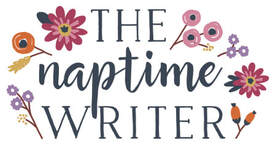 Photo by Lacie Slezak, Unsplash. Photo by Lacie Slezak, Unsplash. Congratulations to the wonderful Tina Jepson, winner of the Kindle eBook copy of Finally You. Tina is a work-from-home mom and freelance writer. Visit her website if you’d like to learn more about her freelance work! It might surprise you given my description of my graduate school-related anxiety, but I actually did/do a really good job of making presentations.* You might be turned off by that kind of bragging, but I think that women in particular should try to take more ownership of the areas where we personally excel. [Case in point, I worried that my first sentence would come across as obnoxious and that I should offer an apology in the second sentence.] The type of doubting that I just (unintentionally) illustrated for you in the first paragraph is part of a bigger network of worries related to how I conduct myself in a workplace. What’s the appropriate balance between being a leader and being abrasive/bossy? How warm should I be with others or should I be more reserved? Is my shirt too low-cut or are my pants too tight? Why is my voice trailing off at the end of every sentence? Why does my voice sound so soft/so shrill/so breathless? Did my comment make sense or did I just look like an idiot/like I don’t deserve to be here? Maybe it’s just me, but my own experience, the experiences of my close friends, and the experiences described in magazine articles that I’ve read, suggest that women really feel the pressure when it comes to public speaking. It’s an even bigger problem when you’re also an introvert—which I am—and when you have a tendency to occasionally act socially awkward—which I do. But I’d like to share some tips that I picked up in twenty-two years of school (?) and two and a half years in a more traditional 8-5 job. And please note, most of these tips are for occasions in which you’ll be giving a presentation, not necessarily spontaneously contributing to a discussion. If you’re signing up for presentations, sign up for one of the first available slots. This was huge for me. In my bachelors, master's, and PhD classes, we often had to do at least one presentation per class per semester. You might recall that I wrote about how anxious I would get about making contributions in class, so I almost always signed up for one of the first presentation slots. Why? I knew that I would do well in the presentation which would boost my confidence and show me that I really did have something to offer to the conversation. Plus, if you volunteer to go first in the presentations/speeches/pitches, you look like the brave badass that you are and others will be astounded. Practice, practice, practice. I know that most of us are short on time, and the last thing that we probably want to do is practice a presentation over and over again, but it’s worth it. When you practice, you get a better sense of the rhythm, you learn where you should pause and where you can pick up speed, you learn what kind of inflections you should use and where you can try to be a little humorous. You’ll also be able to time yourself and avoid the dreaded embarrassment of having your presentation cut off in the middle (when it’s clear that you’ve just gotten started) or of being done entirely too early (which happened to me on one occasion). Perhaps best of all, you start to learn some of your sentences, so when you’re making the actual presentation, you can smoothly look up from your notes and make eye contact with some of your listeners and then return to your page. And going along with the previous point, you should practice aloud. I used to tell this to my composition students all the time, and I’m not sure how many of them actually went home and practiced reading their work aloud. When you read your work aloud, you’re able to hear the awkward parts, the long-winded parts, and the boring parts, in ways that you can’t often appreciate when you’re reading silently. Use a hook to interest your audience (depending on the genre of the presentation). This is something that I really harped on as a composition instructor when it came to the opening sentences of papers, but I think that it comes up less when we’re talking about presentations. There are some cases where you might need a drier opening (depending on the genre of the talk) but in many cases, it's great to open your presentation with a pow! An interesting quote. An anecdote. A provocative question. A hypothetical situation. A historical reference. Whatever. You can tell when an audience is really invested and when they are not. If you can capture their attention from the beginning, everyone in the room will feel better. Consider bringing in a visual or other handout, even if it’s not required. Smart, thoughtful handouts (or visual presentations like Prezi or Powerpoint) really help. What can I say? People just like a good visual. Bonus points if you print it on good paper. Try to add humor to your presentation. This is a tough tip because it’s worked well for me in some cases, but in others, I’ve been burned. In one example from my glorious Centre College days, a professor informed me in my feedback that my sense of humor was “sophomoric.” Guys and gals, that is not a compliment. For the record, I want to say that all of my classmates laughed during my presentation and it seemed like they were paying attention. For the record again, that professor was right and that professor was one of my very favorites and I think it’s a hilarious story that I love telling. I flatter myself into thinking that I have a good sense of humor. The main reason I think that it’s effective for me to add humor is that my own jokes make me smile and relax, which will likely make my listeners relax too. Or it might make them think that I’m more annoying than they already do. But either way I’m having fun. Admit when you don’t know the answer to a question. This was a tough lesson for me to learn. No one wants to look underprepared for a presentation or like you aren’t an expert on a topic. But in my first teaching observation my first year in my M.A. program, I made the mistake of trying to answer a student question that I very obviously didn’t know the answer to. My observer naturally noticed and chastised me, as she should have. There’s no shame in saying I don’t know the answer right now, but I’ll do some research and get back with you on x date. Dress in a way that makes you feel tough as nails. Of course you likely want your clothing and accessory decisions to be audience-appropriate (whatever that means), but you should dress in a way that makes you feel confident. Don’t make external validation your marker of success. Oh, this is a hard one for me. I seek out external validation like it’s my job. These validations range from occasions when I think that something is potentially wrong—do you think x will be okay? Do you think that I should have done x? How did x come across?—to occasions when I think that I did well but I just want that extra pick-me-up. This was particularly bad when it came to graduate school, which was a very friendly, but also competitive environment. When you’re in a classroom with 7ish (?) other students and everyone is really smart and some students spend time reading journal articles on the weekly and others have been published in the topic that you’re discussing and others can talk about poststructuralism like it makes sense—that can be pretty intimidating. So this is something that I’m definitely going to try to work on. Feedback from my husband/my friends/my family/my instructors/my supervisors should not 100% determine how I feel about my own performance. I also don’t have to rely on loved ones to carry the burden of validating my feelings or propping me up. What public speaking tips do you swear by? Favorite public speaking story? Share! *Of course I’ve bombed a few along the way, too.
0 Comments
Leave a Reply. |
About me.Give me that HEA, please.
Join my mailing list.Want to receive a weekly email with links to my latest blog posts? Sign up below!
Archives
April 2024
Categories
All
|

 RSS Feed
RSS Feed
